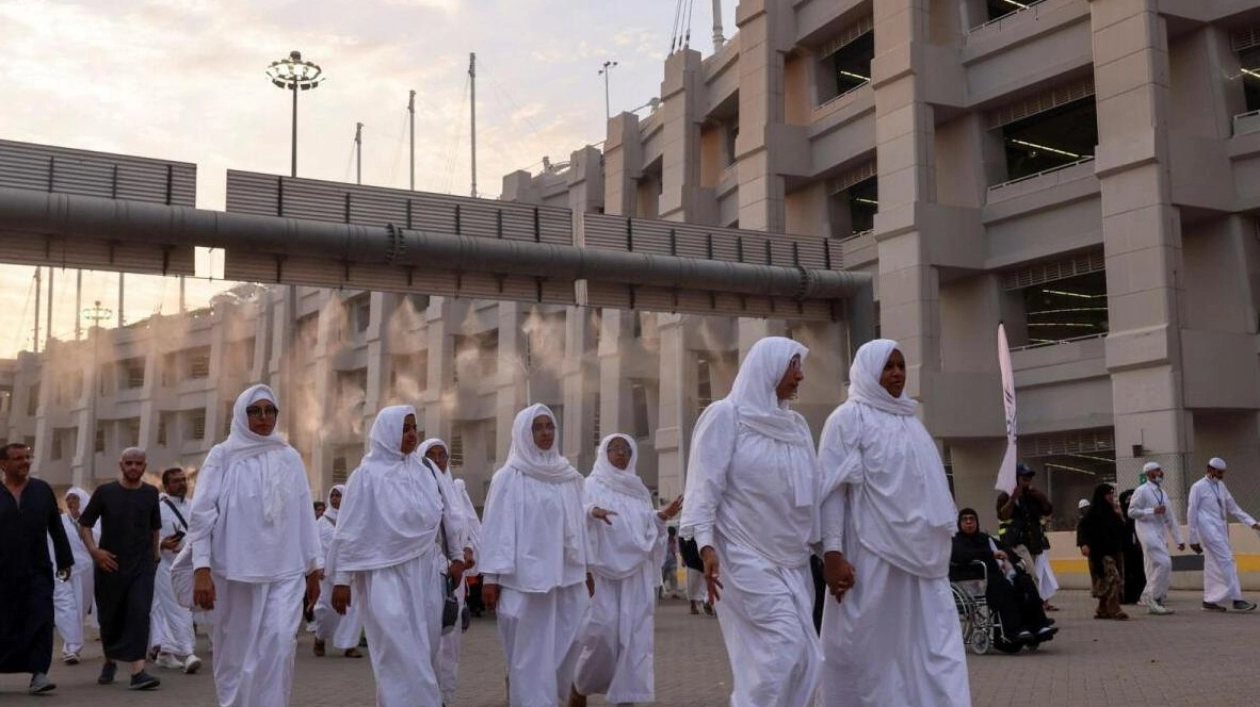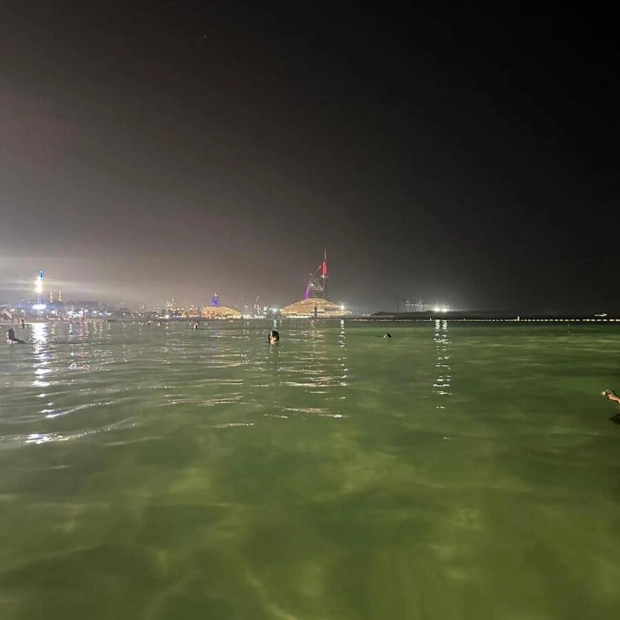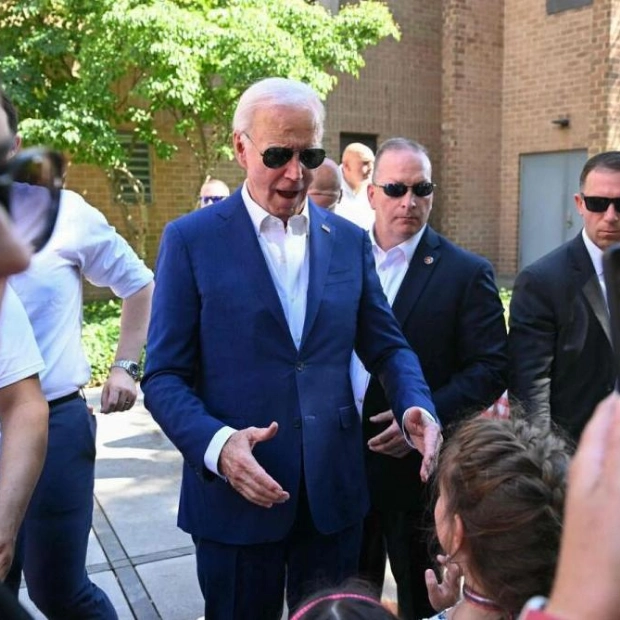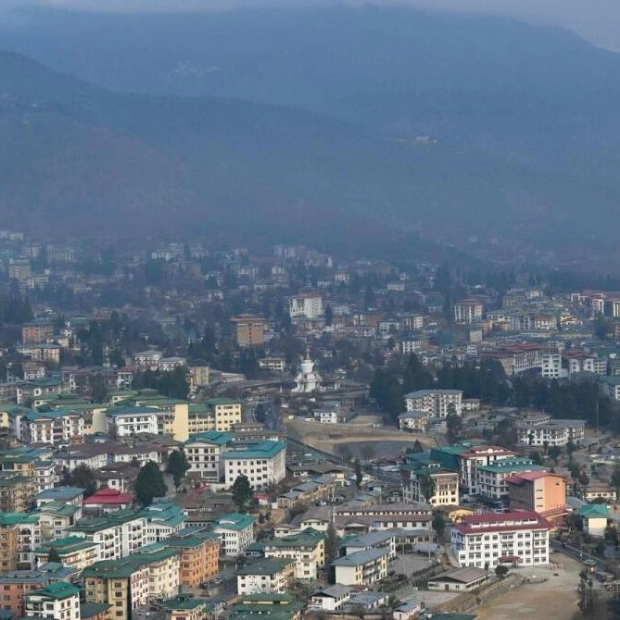On Monday, Saudi Arabia cautioned about a significant rise in temperatures in Mecca as Muslim pilgrims concluded the Haj amidst extreme heat, with over a dozen fatalities attributed to heat-related conditions. This year, the massive religious event coincided with Saudi Arabia's scorching summer, leading to more than 2,700 instances of 'heat exhaustion' reported by the Saudi health ministry on Sunday. The Saudi weather service noted temperatures soaring to 51.8 degrees Celsius (125 degrees Fahrenheit) at Mecca's Grand Mosque, where pilgrims were performing rituals around the Kaaba. In nearby Mina, temperatures reached 46C, where pilgrims engaged in the 'stoning the devil' ritual under intense heat. Jordan's foreign ministry reported 14 deaths due to sunstroke, while Iran and Senegal also reported pilgrim deaths. An Indonesian health official in Saudi Arabia confirmed 136 Indonesian pilgrim deaths, including at least three from heat stroke. The health ministry advised pilgrims to avoid sun exposure, urging them to use umbrellas and stay hydrated. The Haj is increasingly impacted by climate change, with regional temperatures rising by 0.4C per decade, according to a recent Saudi study. Authorities distributed cold drinks and ice cream in Mina to help pilgrims cope with the heat. Azza Hamid Brahim, a 61-year-old Egyptian pilgrim, described chaotic scenes with ambulances overwhelmed by the number of heat-stricken pilgrims. The Haj, one of Islam's five pillars, drew around 1.8 million pilgrims this year, with 1.6 million from abroad. Saudi authorities, including Crown Prince Mohammed bin Salman, pledged to ensure the safety and health of all pilgrims during the event.

Text: Lara Palmer
17.06.2024
Over a Dozen Deaths Reported Amidst Severe Heat Exhaustion During Annual Muslim Pilgrimage





